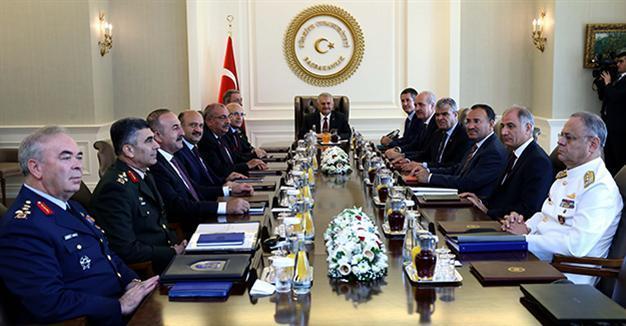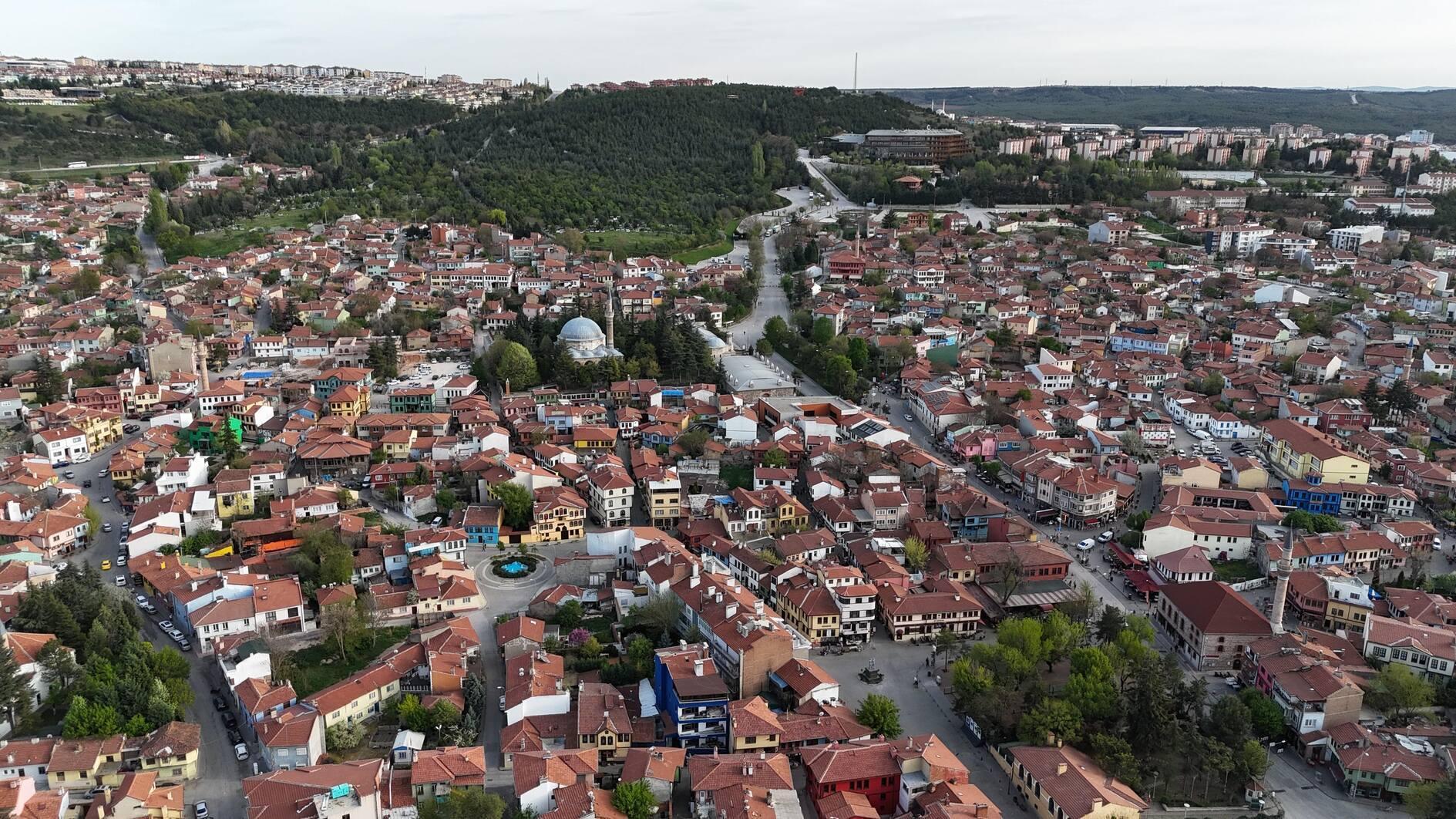586 colonels retired by Turkey’s supreme military council
ANKARA

AA photo
A total of 586 colonels have been retired from the army according to decisions taken at a meeting of Turkey’s Supreme Military Council (YAŞ) on Aug. 23, which convened for the second time in less than a month after the failed coup attempt of July 15.A total of 470 of the retired colonels were from the Land Forces, 71 were from the Naval Forces while the other 45 were from the Air Force, the Defense Ministry announced, marking a first as previous decisions of the council had been announced by the Presidency.
In addition, the terms of office of 434 colonels were expanded for two years as of Aug. 30, according to the decision approved by President Recep Tayyip Erdoğan.
A total 372 of the colonels whose terms were expanded were from the Land Forces, 27 were from the Naval Forces and 35 were from the Air Force.
Meanwhile, the total projected term in service of officers was decreased to 28 years from 31 years, in a move to reduce the high-ranking officer buildup gradually.
The YAŞ also witnessed a new composition, with Turkey’s defense, foreign, interior, justice and deputy prime ministers participating in the meeting for the first time under the leadership of Prime Minister Binali Yıldırım, according to a decree law to increase the civilian authority to avoid future coup attempts.
The council which convened on July 28, for the first time after the failed coup attempt, decided to expand the mandate of the top military echelon, except for Gendarmerie Forces Commander Galip Mendi, who retired due to the age limitation.
Chief of General Staff Gen. Hulusi Akar, Land Forces Commander Gen. Salih Zeki Çolak, Air Force Commander Gen. Abidin Ünal and Naval Forces Commander Adm. Bülent Bostanoğlu remained in their positions, despite their negligence in preventing the coup attempt.
Thousands of high-ranking military personnel, including around 200 generals, had earlier been suspended from the army on the grounds that they had links with the Fethullahist Terrorist Organization (FETÖ), which was accused of orchestrating the coup attempt.
















